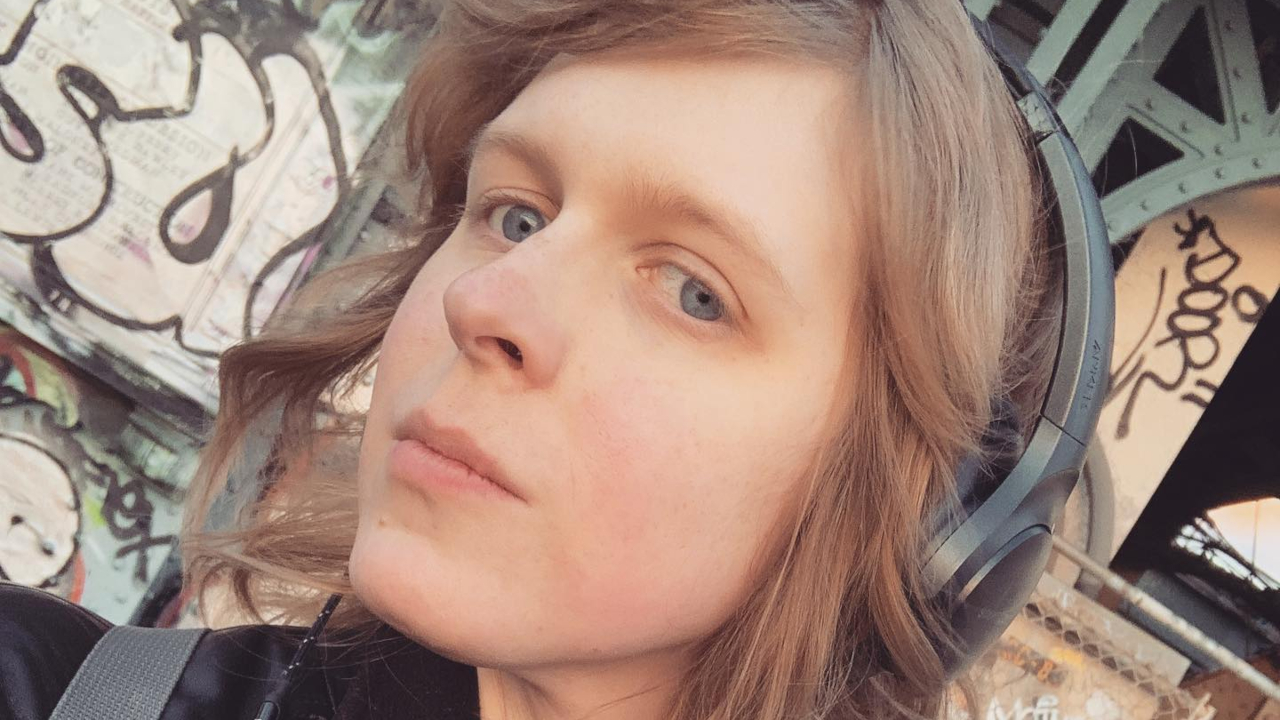Oklahoma’s New Anti-Trans Bill Would Have Banned Me From Transitioning as an Adult
This would've been a death sentence for me.

Ever since a flurry of anti-trans bills popped up across the U.S., trans activists like myself have warned that the American far-right would come for adult transition next. Now it’s 2023, and our fears have come true. A Republican Oklahoma Senator has introduced a bill that would outright ban transition for trans adults in their late teens and early 20s. And if a bill like this had gone into effect when I was first coming out, the government would’ve prevented my own transition.
State Senator David Bullard’s Senate Bill 129, also called the Millstone Act of 2023, says “a physician or other healthcare professional shall not provide gender transition procedures to any individual under twenty-six (26) years of age.” The bill would ban providers from referring trans adults to health care professionals, and any healthcare provider that offers “gender transition procedures” to trans adults from 18 to 25 would face a felony charge. Doctors, nurses, and clinicians are, of course, also barred from offering trans care to teens.
In the bill’s context, “gender transition procedures” means “any medical or surgical service” or “prescribed drugs related to gender transition” that would “alter or remove physical or anatomical characteristics or features” that correlates with one’s assigned sex at birth. This includes hormone replacement therapy medications, as the bill also bans healthcare for creating “physiological or anatomical characteristics that resemble a sex different from the individual’s biological sex.”
In short, the bill would outright ban a wide assortment of trans adults in Oklahoma from accessing any kind of trans healthcare through an official medical institution. Any trans person from 18 to 25 who wanted to access hormone replacement therapy medications would not have a medical outlet to do so, effectively banning trans healthcare for young adults via any official medical institution.
“It won’t stop until they ban transition entirely,” lawyer Alejandra Caraballo, a specialist on trans rights, warned on Twitter. “They’ll just keep increasing the age. It was never about children.”
Trans adults under 26 would either be unable to transition medically or have to engage in DIY hormone access. The latter is a “legal grey area” and particularly challenging for transmasculine individuals seeking out testosterone (which is a controlled substance, and thus illegal to purchase without a prescription). Additionally, DIY hormone access comes without quality assurance and regular blood tests, which means patients would not be able to safely nor optimally engage in hormonal transition.
I know what it’s like to seek trans care in your early 20s
I’m just a year shy of 30 now, but I began transitioning when I was a college student at Rutgers University in New Jersey. I sought out hormone access through my university’s healthcare program when I was 21 because I could not afford to access hormones through a doctor in any other shape or form. I had no other medical avenue as a college student with barely any money, and no adults that could be there for me or guide me in the process. College gave me access, and I saved up every month from my job as a student worker to pay for them on my own.
To echo many other trans people who came before me, hormone access was life-saving for me. I was absolutely miserable, barely functional in my personal and professional life, and extremely depressed. Each year would go by and the sadness and anxiety would grow, along with all the trauma of being forced to live as a boy, being forced to wear a gender that didn’t reflect who I was and who I am. By the time I decided to seek out hormones through my college, I was wondering whether 2016 would be my last year alive if I didn’t get hormone access.
There was only one way to keep going, and it was by finally beginning medical transition.

I took my first dose of estradiol and spironolactone, a feminizing hormone and antiandrogen blocker, the day after my 22nd birthday: Feb. 10, 2016. Those hormones changed my body, my mind, and my life. It provided a way out of all the hell and torment of living with gender dysphoria. Those days in my early 20s, that living hell, is a total mystery to me now. How did I survive? How did I get by? I don’t know, but I do know this: If I had transitioned with a law in place like the one being proposed in Oklahoma, I would not have been able to access hormones at all. Not safely, and not consistently. Without medical transitioning, I’m not confident I would’ve made it to 23, let alone 26. Nothing but gender transitioning would’ve been able to stave off that suicidality.
Bills like this truly frighten me. They’re a sign of things to come. South Carolina introduced a bill targeting trans adults from 18 to 21 accessing trans care, and New Hampshire Republicans originally submitted a bill targeting trans care for “young adults.” I fret for those trans young adults in O.K. and South Carolina, people who I was just like a few years ago. And I hope you, dear reader, realize the life-and-death stakes trans adults now face in the United States in 2023.
(images courtesy of Ana Valens)
Have a tip we should know? [email protected]